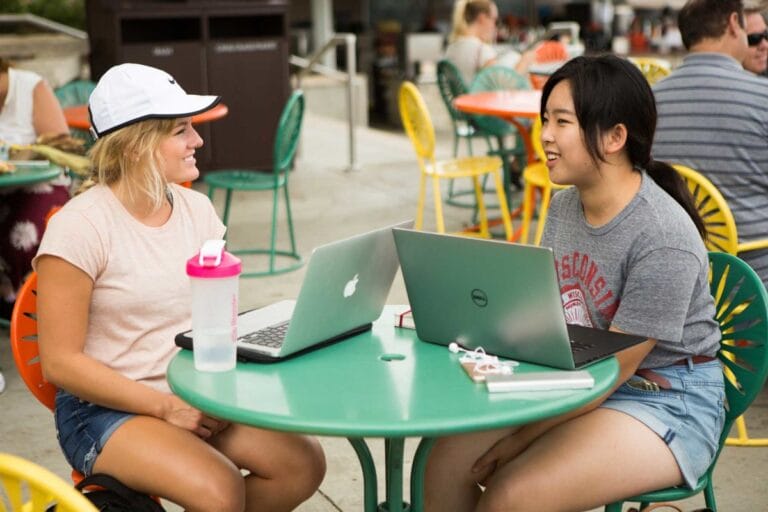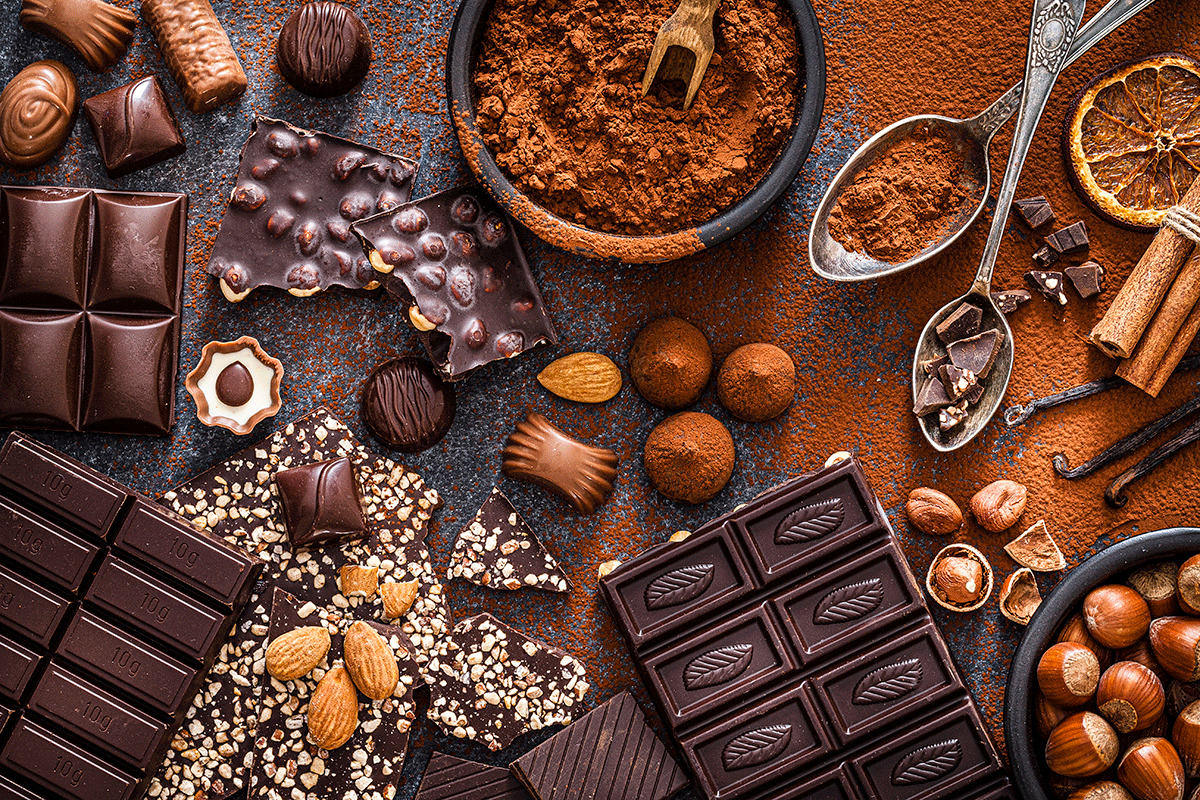
Sweet new course shares ‘chocolate experience’
You love chocolate. You can name your favorite chocolate bar and discern between dark and light varieties. But how much do you know about how chocolate is made, its nutritional benefits and the sustainability and socio-economic factors surrounding this popular confection?
Summer Term students in a new online course – Food Science 140: The Chocolate Experience: Science, Society, and Sustainability – will find out.
“I am from Ghana. We produce the highest quality cocoa in the world, and I am learning a lot from designing this course,” says Yaa Asantewaa Kafui Klu, designer and an instructor of the chocolate course and teaching faculty in the Department of Food Science.
Rather than dubbing the course “the science of chocolate,” Klu says she called it “the chocolate experience” to encompass the interdisciplinary nature of what students will learn as they follow chocolate from bean to bar.
‘Food of the gods’
With a keen interest and educational background in food, nutrition and public health, Klu created the course to cross disciplines and include a broad swath of knowledge, from agronomy to history, nutrition, international politics, science and technology, and sustainability.
“We’re covering a lot of ground, not just the science of chocolate,” Klu says. “I really want students to know a lot about chocolate, its history, cultivation of cocoa beans and impacts of production.”
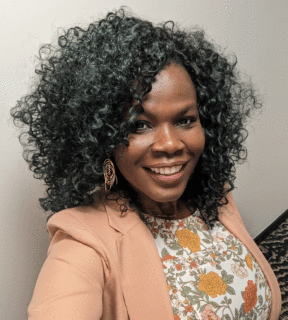
Chocolate can be traced back more than 3,000 years to the Olmec, Maya and Aztec people who made a beverage from the fruit of the cocoa bean. The Maya considered chocolate to be the food of the gods, held the cacao tree to be sacred and buried dignitaries with bowls of chocolate.
Cocoa beans, which are technically seeds, grow inside pods surrounded by a white fleshy pulp. Cacao trees grow about 20 degrees to the north and south of the equator. Nearly 70 percent of the world crop of cocoa beans today is grown in West Africa; Ghana and the Ivory Coast account for more than 60 percent of global cocoa production.
After delving into the history of chocolate, students in the course will examine cocoa history and cultivation, processing and production. Since this is a fully online class, they’ll even have the chance to do interactive experiments in their own kitchens.
Fair trade options
Klu admits she didn’t eat a lot of chocolate growing up because it is not a big part of the Ghanaian culture, although Ghana makes some chocolate which has more cocoa powder, less sugar and more nutritional value than what is commonly found in the U.S. She finds most conventional chocolate too sweet.
But many around the world love it, and the chocolate industry is worth billions of dollars and continues to grow. Despite that booming industry, most cocoa farmers earn very little, and chocolate production can include child labor and slavery. In addition, the high demand for chocolate has led to environment issues, such as deforestation.
Klu says students in the course will examine these issues as well as solutions. For example, some companies are trying to use more traditional and small-scale production methods that are easier on the environment. And fair-trade chocolate has helped cocoa farmers earn more and improved their working conditions as well as addressed other social justice issues.
Klu adds, “It’s good to know that by purchasing fair trade chocolate you can make a small impact on people around the world.”
Klu says that when choosing chocolate treats, if you want to increase your nutritional impact, pick products low in sugar and high in cocoa content. Cocoa contains phytochemicals that can strengthen the immune system and reduce inflammation.
The 3-credit Food Science 140 course is currently being offered for the first time during Summer Term’s main session – June 19–August 13 – but may be offered again in the future. Check your course guide.
A few photos of the bean to bar process:
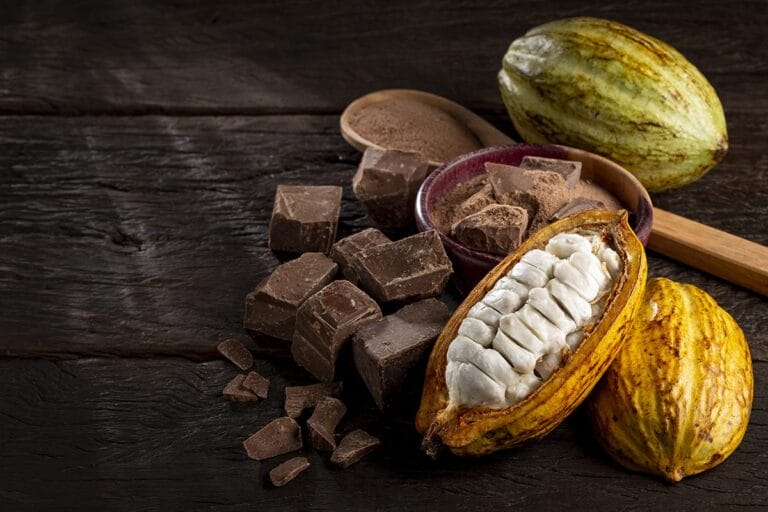
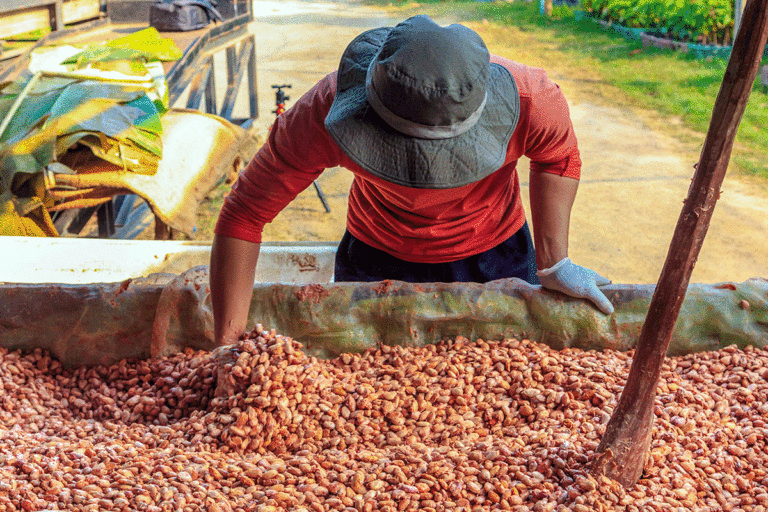
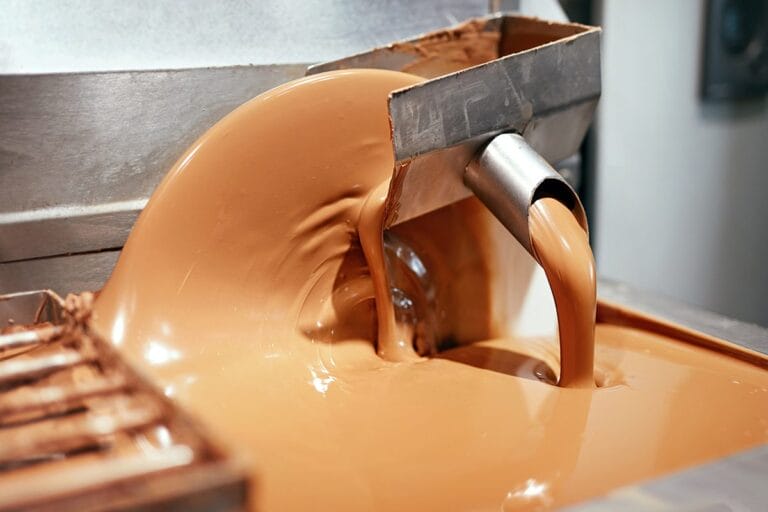
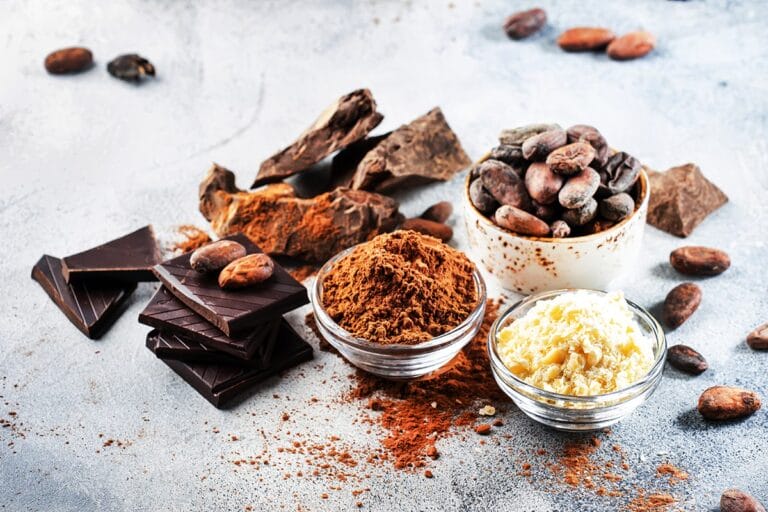
Learn more about this and other courses offered during Summer Term by emailing [email protected] or visiting summer.wisc.edu. Share your Summer Term experiences by using #MyBadgerSummer on Instagram and you could win a cool prize.
Previous Post
Use LinkedIn for a successful job search
